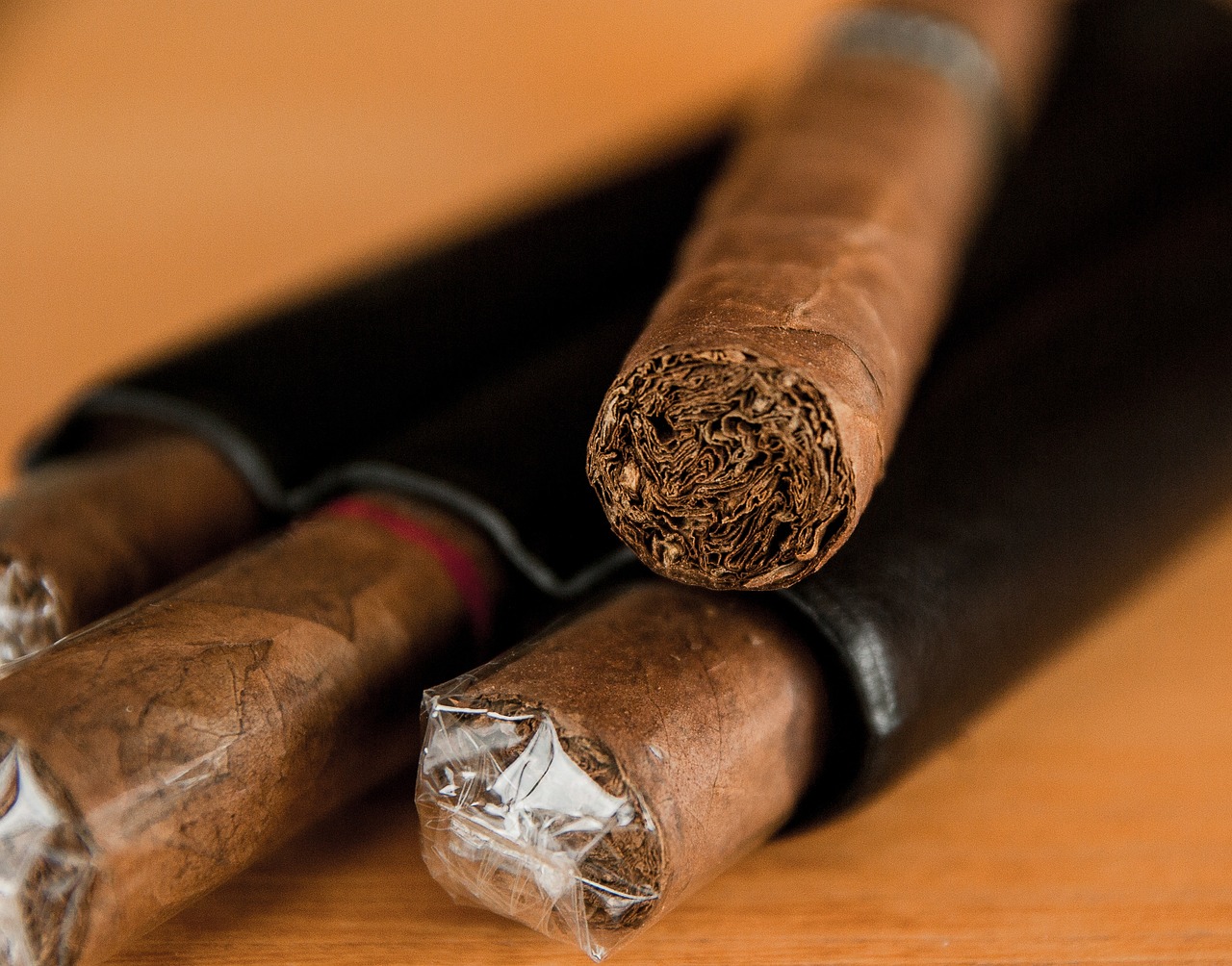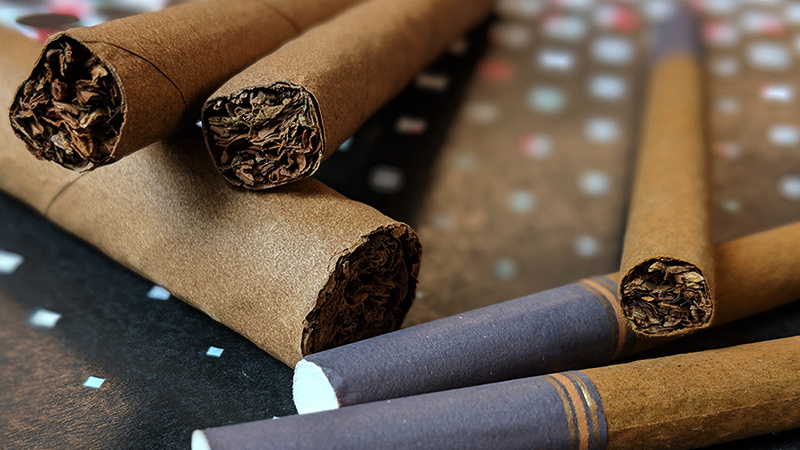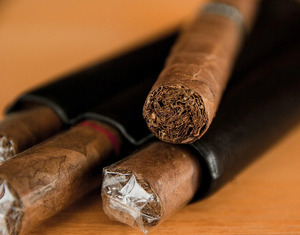Examining The Justifications For The Cuban Cigar Ban
Publicado por Tabitha Holt
Cuerpo
All are aware that Cuban cigars are prohibited. The term "Cuban cigar" is notorious, even for those who know little about cigars. This is a brief account of the events that led to the current state of prohibition surrounding Cuban cigars. Following Cuba's Communist revolution, the United States placed an economic, financial, and commercial embargo on the island nation in 1962.
The U.S. was forbidden from importing Cuban cigars due to the trade embargo that was put into effect in February 1962. President John F. Kennedy imposed the embargo to halt all imports from Cuba to criticize Fidel Castro's communist government.
It's crucial to remember that although Americans are not allowed to buy Cuban cigars, they can still buy cigars from other nations resembling Cuban cigars, like the Dominican Republic and Nicaragua. This is so that tobacco goods can be imported into the U.S. by these nations, which are exempt from the U.S. embargo against Cuba.

The Embargo and Cuban Cigars
The United States has imposed an embargo on Cuban imports and exports, encompassing a wide range of items, since the early 1960s. For lovers of finely rolled cigars, the embargo on Cuban cigars prevented them from enjoying the sweet rewards.
Many individuals only dreamed of Cuban cigars for decades afterward. They've had to cope with imposters and question whether they'll ever see the real thing again. Even with the Cuban cigar prohibition, many people are still curious about what makes the island's soil and growing environment perfect for cigars. Fortunately, over time, limits and restrictions have been removed, which hasn't even affected the sale of cigars.
Adverse consequences on the reputation of Cuban cigars
Due to the embargo, the Cuban cigar business has suffered grave repercussions. In addition to the evident loss of a significant market, the prohibition era has resulted in counterfeit cigars negatively impacting their reputation and perceived quality. Although Cuban cigars are highly valued globally, their standing in the.
Cuban cigars are highly valued globally, but in the United States, they continue to be perceived through the lens of trade sanctions and illegal contraband, making them an outlier.
U.S. Penalties for Purchasing and Selling Cuban Cigars
Importing Cuban cigars illegally may result in harsh consequences. You might be fined and have your cigars seized. Additionally, if you buy Cuban cigars overseas and are discovered trying to smuggle them into the U.S., you may be charged with a crime. It is significant to remember that even if you no longer own cigars or other products, the authorities may still look into your case.

Every Cuban Cigar Is Fake or Counterfeit
Another widely held misconception is that all cigars from Cuba are phony or counterfeit. It is crucial to realize that it is against the law to counterfeit any goods, including cigars, and that doing so can result in penalties or even jail time. Since Cuban cigars are prohibited in the U.S., they are hard to get by, but reliable vendors outside the country offer genuine Cuban cigars.
In summary
The trade embargo that was instituted during Fidel Castro's communist Cuban government, Cuban cigars are still prohibited in the United States. After Fidel's death, many anticipated the sanctions to end, but it's more probable that U.S. lawmakers will wait for Cuba to democratize before allowing good commercial relations to resume.
In short, the U.S. government imposed a trade embargo that has been in effect for decades, making Cuban cigars illegal in the U.S. Cuban cigars are prohibited from being bought, sold, transported, or consumed in the United States. Any attempt to do so may result in the product being seized and fined, both civilly and criminally. You can obtain educational news by visiting the Boodanga website daily.












Comentarios